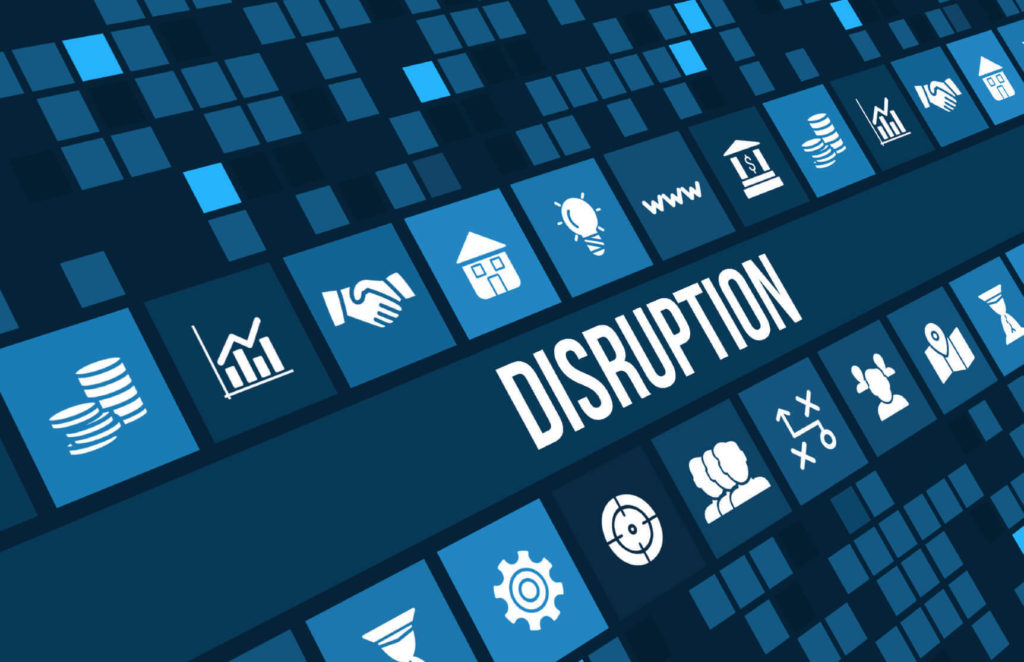Disruption
What is Disruption?
Definition:
Disruption refers to the radical and transformative changes brought about by innovative technologies, methodologies, or business models that significantly alter the landscape of the industry. It involves the displacement of established norms, practices, or technologies, often leading to the creation of new markets and the redefinition of traditional processes.
Analogy:
Think of disruption in computer sciences as the advent of the smartphone in the mobile industry. The introduction of smartphones disrupted the traditional mobile phone market by combining communication, computing power, and various applications into a single, revolutionary device, changing how people interact with technology.
Further Description:
Disruption in computer sciences and the digital era involves several key aspects:
Technological Innovations: Disruption often stems from groundbreaking technological innovations, such as artificial intelligence, blockchain, or quantum computing, that redefine the capabilities and possibilities within the field.
Digital Transformation: The digital era has seen the widespread adoption of digital technologies across industries, leading to the digitization of processes, data, and communication. This digital transformation has disrupted traditional business models.
Agile Methodologies: Agile development methodologies have disrupted traditional software development approaches by promoting iterative and flexible development processes, allowing for quicker adaptation to changing requirements.
Cloud Computing: The advent of cloud computing has disrupted traditional IT infrastructure models, offering scalable and cost-effective solutions that redefine how organizations manage and deploy their computing resources.
Cybersecurity Challenges: The digital era has brought about new challenges in the form of cybersecurity threats. The constant evolution of cyber threats disrupts traditional security measures, requiring continuous innovation in cybersecurity practices.
Why is Disruption Important?
Innovation and Progress: Disruption drives innovation, pushing the boundaries of what is possible in computer sciences and leading to advancements that benefit various industries.
Competitive Advantage: Organizations that embrace disruptive technologies gain a competitive advantage by staying ahead of the curve, adapting to changing market demands, and offering innovative solutions.
Efficiency and Productivity: Disruptive technologies often streamline processes, enhance efficiency, and increase productivity, leading to improved business operations.
Market Expansion: Disruption can open up new markets and opportunities, allowing businesses to explore untapped potential and reach a broader audience.
Adaptability: The digital era requires organizations to be adaptable and responsive to change. Embracing disruption ensures that businesses can navigate evolving landscapes effectively.
Examples and Usage:
Blockchain Technology: Blockchain disrupted traditional financial systems by providing a decentralized and secure method of recording transactions, leading to the rise of cryptocurrencies like Bitcoin.
Artificial Intelligence: The integration of artificial intelligence and machine learning has disrupted various industries, from healthcare to finance, by enabling automation, data analysis, and predictive capabilities.
Cloud Computing Services: Companies like Amazon Web Services (AWS) and Microsoft Azure have disrupted traditional IT infrastructure models by offering cloud computing services, allowing businesses to scale their operations without heavy upfront investments.
Key Takeaways
- Disruption involves radical and transformative changes driven by technological innovations, methodologies, or business models.
- Key elements of disruption include technological advancements, digital transformation, agile methodologies, cloud computing, and cybersecurity challenges.
- Disruption is crucial for fostering innovation, gaining a competitive advantage, improving efficiency, exploring new markets, and ensuring adaptability in the rapidly evolving digital landscape.
- Examples include blockchain technology disrupting financial systems, artificial intelligence transforming various industries, and cloud computing services reshaping IT infrastructure models.





